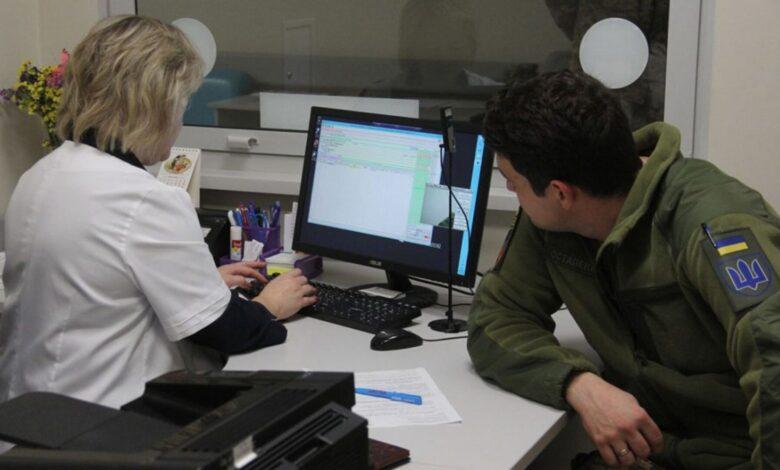As part of the pilot project, civilian specialists will work in the CCC

An experimental project will be launched in Ukraine, within the framework of which civilian psychologists, lawyers and volunteers will be involved in the work of territorial procurement centers (TCC) and military training centers. Its main purpose is to provide support to the mobilized during the initial phase of the service. About this reported Olga Reshetylova, the President’s Commissioner for the Protection of the Rights of Servicemen.
According to her, the largest number of cases of voluntary desertion of units is recorded precisely in training centers — in the first days after the arrival of the mobilized, as well as at the end of the training course, before being sent to combat units. She noted that this problem is deeper and begins even before new recruits officially transition to the status of military personnel.
“That is why we, together with colleagues from the President’s Office, are focusing on the first days and weeks after mobilization and working to improve conditions in distribution centers where the transition from civilian life to military service takes place.”Reshetylova explained.
In the near future, it is planned to launch experimental groups, which will include civilian psychologists, lawyers and volunteers. They will work in designated regional TCCs and JVs, as well as in several training centers. The main task is to help recruits adapt to new conditions, provide legal and psychological support, and clarify their rights.
In addition, it is planned to introduce several training courses for newly arrived servicemen even before the start of basic military training. Among them:
- military law course;
- international humanitarian law;
- history of Ukraine;
- financial literacy.
“A few days of such ‘semi-civilian’ training will allow recruits to smoothly transition to a new way of life and increase their motivation to complete the service. After evaluating the first results, we plan to scale this approach. Thank you to the leaders of the training centers for their openness to cooperation.”, — concluded Olga Reshetylova.





